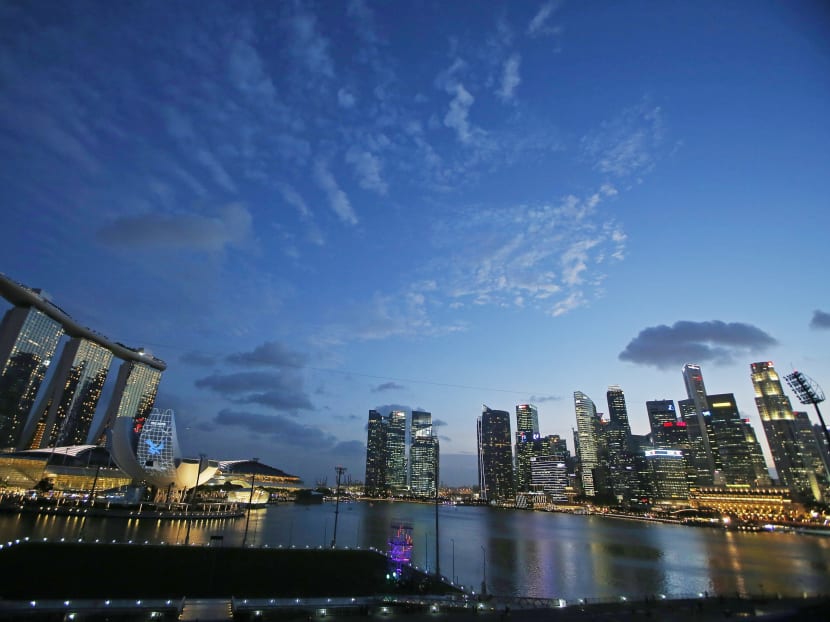Singapore No 1 again in Asia-Pacific for talent competitiveness: Report
SINGAPORE — The Republic has come up tops in the Asia-Pacific for talent competitiveness for the fourth year running, beating regional neighbours such as Australia, New Zealand and Japan, a private sector study has shown.
SINGAPORE — The Republic has come up tops in the Asia-Pacific for talent competitiveness for the fourth year running, beating regional neighbours such as Australia, New Zealand and Japan, a private sector study has shown.
Globally, Singapore is ranked second, with Switzerland taking first place, according to the Global Talent Competitiveness Index (GTCI) 2017 released Tuesday (April 18) by business school Insead's Asia Campus in Singapore. Produced in partnership with Insead, workforce solutions provider The Adecco Group and the Human Capital Leadership Institute of Singapore (HCLI), the GTCI is an annual benchmarking report that measures the ability of countries to compete for talent.
Focusing on talent and technology, this year's report explores the effects of technological changes on talent competitiveness and the future of work, arguing that while jobs at all levels continue to be replaced by machines, technology is also creating new opportunities, the joint statement by Insead, The Adecco Group and HCLI said.
The countries ranking high on the index share key traits, including educational systems that meet the needs of the economy; employment policies that favour flexibility, mobility and entrepreneurship; high connectedness of stakeholders in business, education and government; as well as a high level of technological competence.
The report lauded Singapore for its digital vision and strategy, its flexible labour market, and its strong city-state ecosystem, noting that the whole of government is united around the central importance of talent in national development.
"Countries can learn from Singapore's well-developed regulatory and market landscapes for global talent to thrive and its ability to anticipate the movements of the economy," it said.
"Our prediction is that it will be smaller entities like cities and regions - Singapore is, after all, a city-state - that will take the lead in the new economy," it added.
Ms Wong Su-Yen, CEO of HCLI, said: "The recent report published by Singapore's Committee on the Future Economy suggested that building strong digital capabilities is one of the key strategies that will propel Singapore's growth for the next two decades."
"Digital technologies will help small and exposed economies like Singapore punch above their weight by creating means for their businesses and talent to reach out to the global market. Countries must continue to upskill their workforce so that they can adapt to the digitisation wave and the sweeping structural changes that are poised to shake up traditional work arrangements," she added.
The GTCI report comes less than a month after Singapore was named as the best place in the world for start-ups to hire talent, beating even Silicon Valley, in the 2017 Global Startup Ecosystem Report and Ranking by the US-based Startup Genome project.
In the GTCI report released Tuesday, Australia (6th) was the only other Asia-Pacific country in the global top 10. Four Nordic countries - Sweden (5th), Denmark (8th), Finland (9th) and Norway (10th) - as well as the United Kingdom (3rd), United States (4th), and Luxembourg (7th) took the other top 10 slots.
"This year's GTCI report shows that countries in the Asia-Pacific region demonstrate strong talent readiness for technology. It also highlights the important role of education. Educational systems have to revamp to help learners foster learning agility and adjust on the fly of changing conditions," said the dean of Insead Ilian Mihov.







